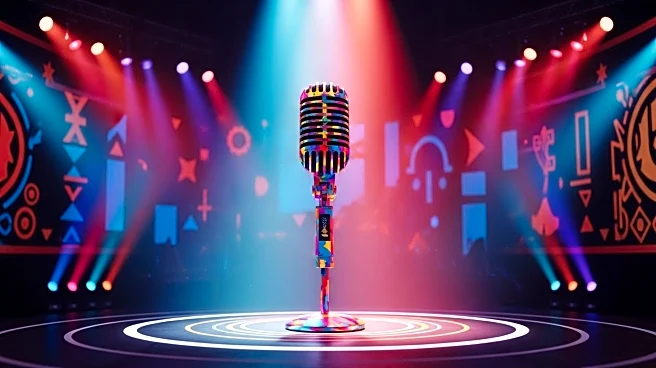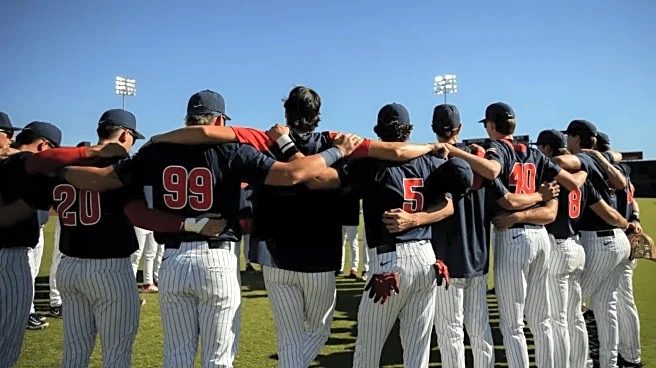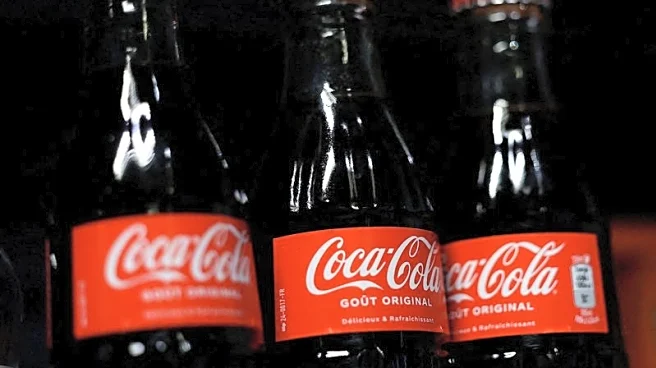What's Happening?
Bad Bunny, a prominent figure in Latin music, has been announced as the headliner for the Super Bowl halftime show. This follows his successful 31-show residency in Puerto Rico and his upcoming world tour. Bad Bunny, whose real name is Benito Antonio Martínez Ocasio, has been a leading nominee at the Latin Grammys and has made significant strides in both music and acting. His selection for the Super Bowl is seen as a celebration of his cultural roots and a testament to his influence in the music industry. The artist has expressed excitement about representing his culture on such a large platform, emphasizing the importance of his heritage in his work.
Why It's Important?
Bad Bunny's selection as the Super Bowl halftime show headliner underscores the growing influence of Latin music in the global entertainment industry. It highlights the increasing demand for diverse cultural representation in mainstream media. This opportunity allows Bad Bunny to showcase Latin culture to a vast audience, potentially opening doors for other Latin artists. The performance is also significant for its potential to address social and political issues, given Bad Bunny's history of activism and commentary on immigration and Puerto Rican identity. This event could influence how cultural narratives are integrated into major entertainment platforms.
What's Next?
As preparations for the Super Bowl halftime show continue, there will be anticipation regarding how Bad Bunny will incorporate his cultural and political messages into the performance. The NFL and its partners will likely work closely with the artist to ensure a balance between entertainment and meaningful representation. The response from audiences and critics will be crucial in determining the impact of the performance on future halftime shows and the broader music industry. The event may also prompt discussions about the role of artists in addressing social issues through their work.
Beyond the Headlines
Bad Bunny's performance at the Super Bowl could have lasting effects on the perception of Latin music and culture in the United States. It may inspire other artists to embrace their cultural identities and use their platforms to address social issues. The event also highlights the evolving landscape of the entertainment industry, where diverse voices are increasingly being recognized and celebrated. This shift could lead to more inclusive representation in media and entertainment, influencing how cultural narratives are shared with global audiences.











